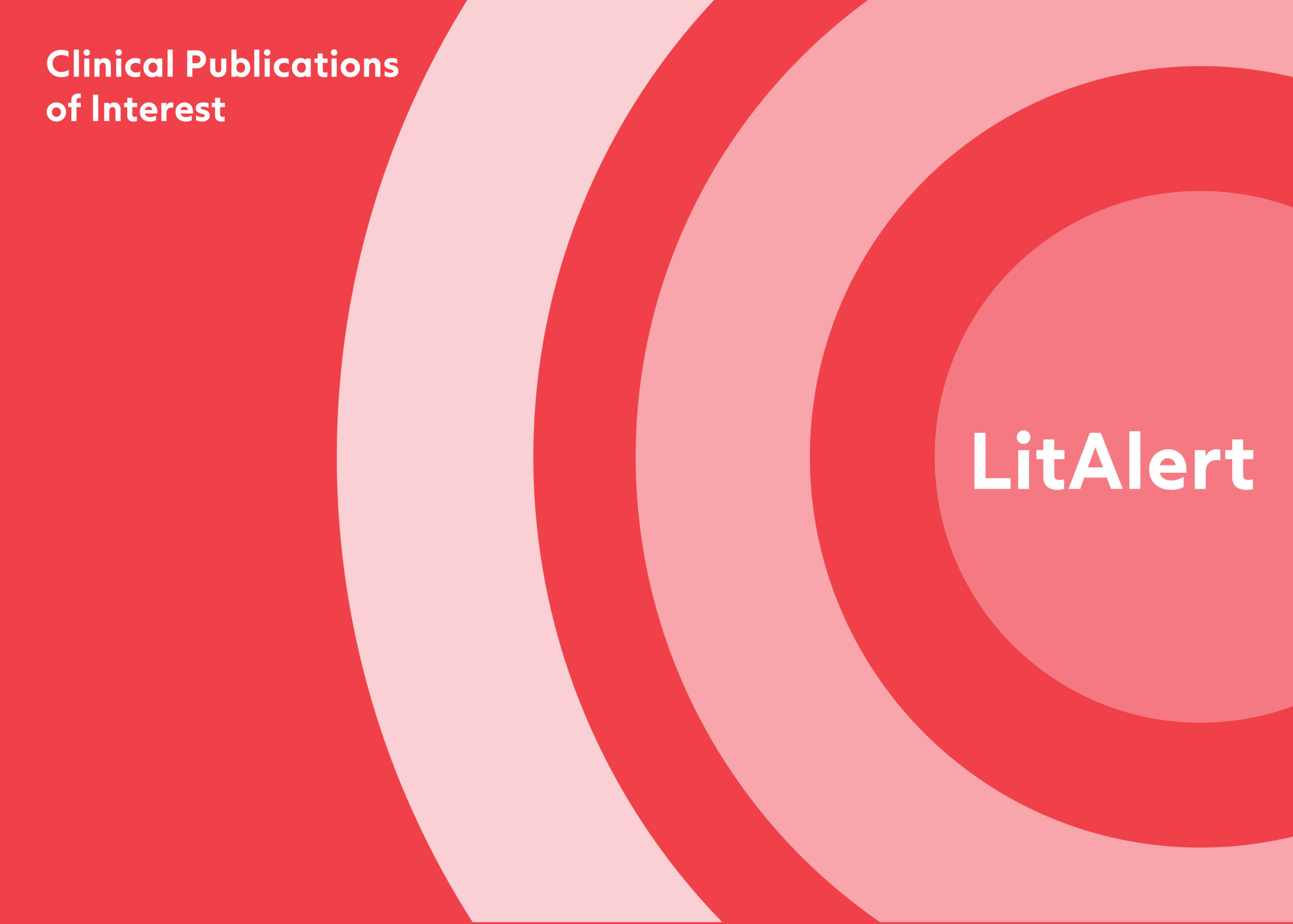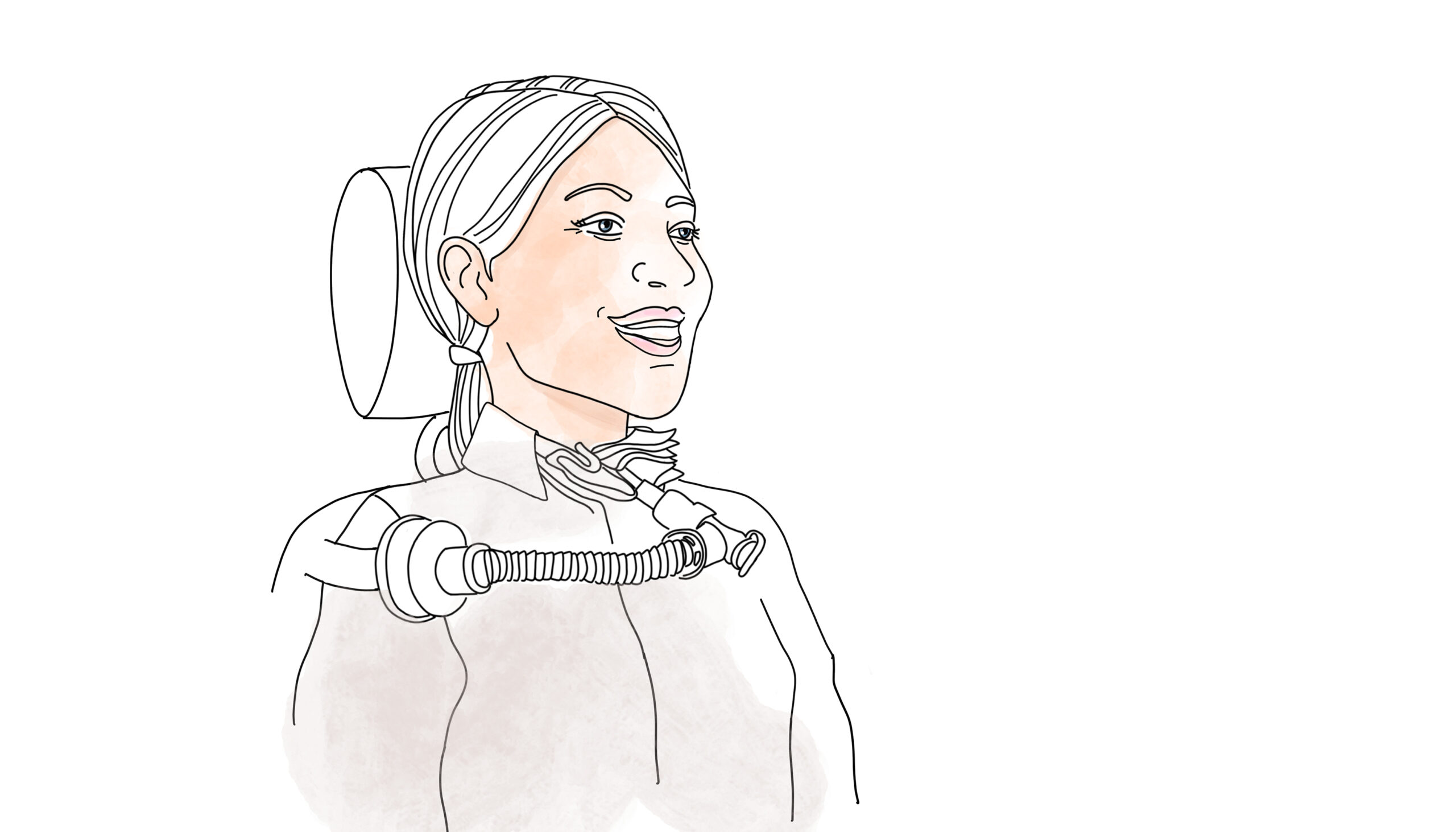Clinical evidence
Atos Medical has a long standing tradition of clinical evidence showing that our products perform well and are safe to use. Over the years, many studies have been performed with our products and we are proud to say that we have more and stronger evidence for our products than any of our competitors.
We continually initiate or participate in clinical studies all over the world. This is made possible through our close cooperation with ENT specialists and patients. Take our Provox voice prostheses for laryngectomees, for instance. The Provox System has been a success from the start and this success is supported by a long list of peer-reviewed clinical documentation.
Lit-Reviews
For a more detailed overview of all relevant publications on HMEs, Voice Prostheses and TheraBite, our Literature Reviews can be used. These are updated yearly.
Pulmonary rehabilitation
- Pulmonary function with a tracheostoma
- Benefits of HME use
- Clinical effects
- Filtration
- Attachment methods
Provox Voice Prostheses
- The product range
- Clinical evidence about Provox voice prostheses
- Microbiological studies
TheraBite
- The product range
- Condition of trismus
- Clinical evidence about the TheraBite Jaw Motion Rehabilitation System
- Treatment and prevention of trismus
- Common treatment regimens
Clinical Evidence Series
The Clinical Evidence Series are documents on a specific topic, describing and summarizing the most relevant literature. Download one of our documents from our Clinical Evidence Series below.
Importance of Compliant HME Use
- Post-laryngectomy pulmonary symptoms
- Pulmonary rehabilitation with HME
- Improving compliant HME use
Primary vs Delayed VP fitting
- Comparison of primary and delayed voice prosthesis fitting
- Evaluation of TE puncture with primary voice prosthesis fitting
- Tracheoesophageal puncture stability and resizing
Primary vs Secondary TEP
- Comparison of primary and secondary TEP
- Primary puncture and pharyngocutaneous fistulae
Reflux
- Incidence of reflux in laryngectomees
- Consequences and treatment of reflux in laryngectomees
Early oral feeding
- Advantages of early oral feeding
- Pharyngocutaneous fistula (PCF) formation and feeding after total laryngectomy
- Table of PCF rates in comparative studies of patients receiving early vs. late oral feeding
The Kelley Circuit
We are pleased to be able to share information about the Kelley Circuit with you. The Kelley Circuit is a novel method of managing in-hospital self-ventilating tracheostomy patients that allows for humidification, filtration and closed-circuit suctioning.
The Kelley Circuit provides the following:
Humidification and filtration upon inspiration (protection for patient)
Filtration upon expiration (protection for the health care professional)
Closed-circuit and sterile suctioning (protection for patient and health care professional)
The document is authored by James Kelley et al. from the Wellington Hospital in London, UK and contains a description of the solution, a link to a video on the solution and 4 case studies.
Please note that Atos Medical cannot give medical or clinical advice. Physicians and other health care providers reading this message should make independent, informed decisions about the care of their patients based on the individual condition and circumstances of each case. Always read the product instructions for use.
LitAlerts
LitAlerts are our quarterly newsletter with trends, current information and literature regarding Atos products and their usage around the world.
Share
Save to my content
Print PDF











